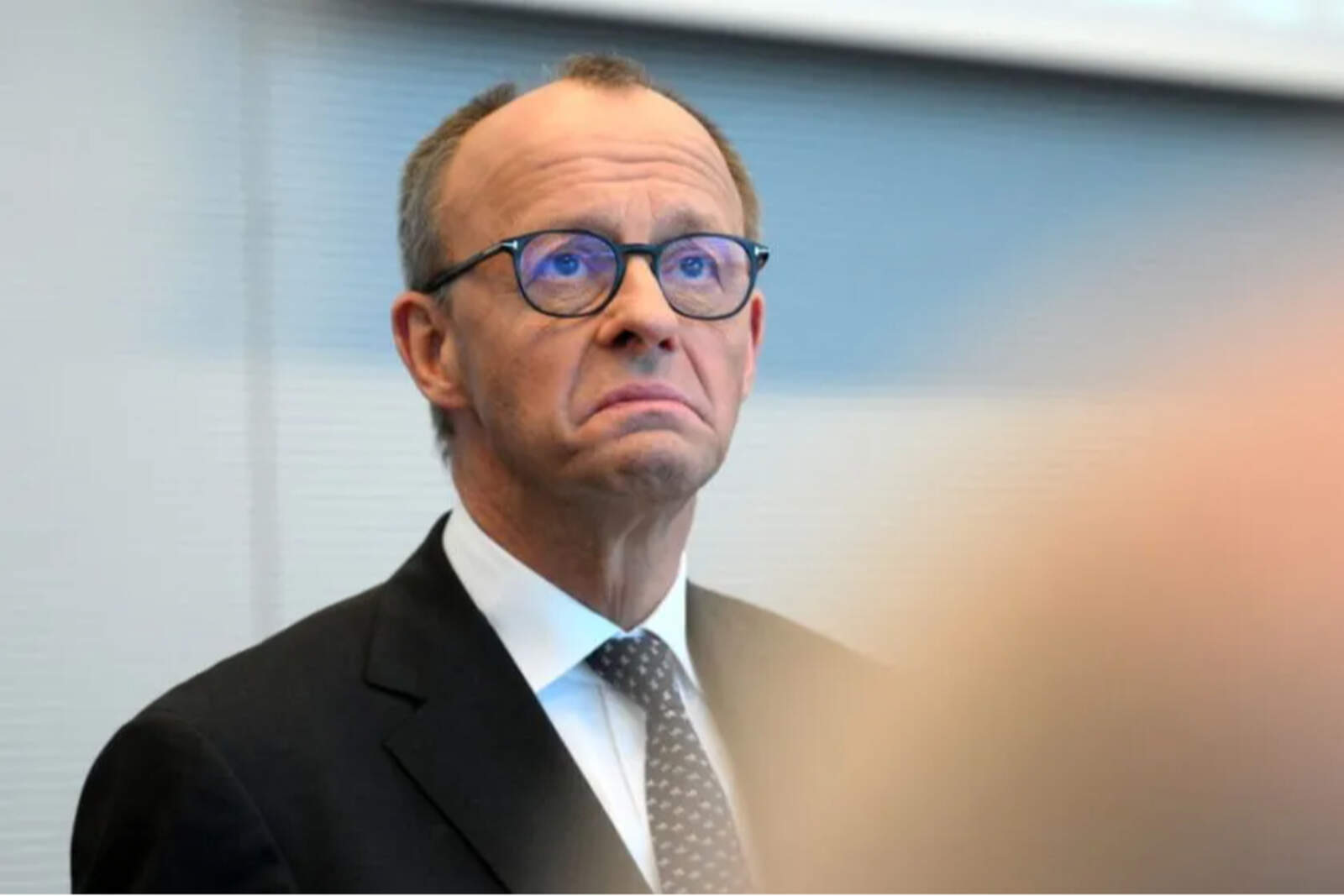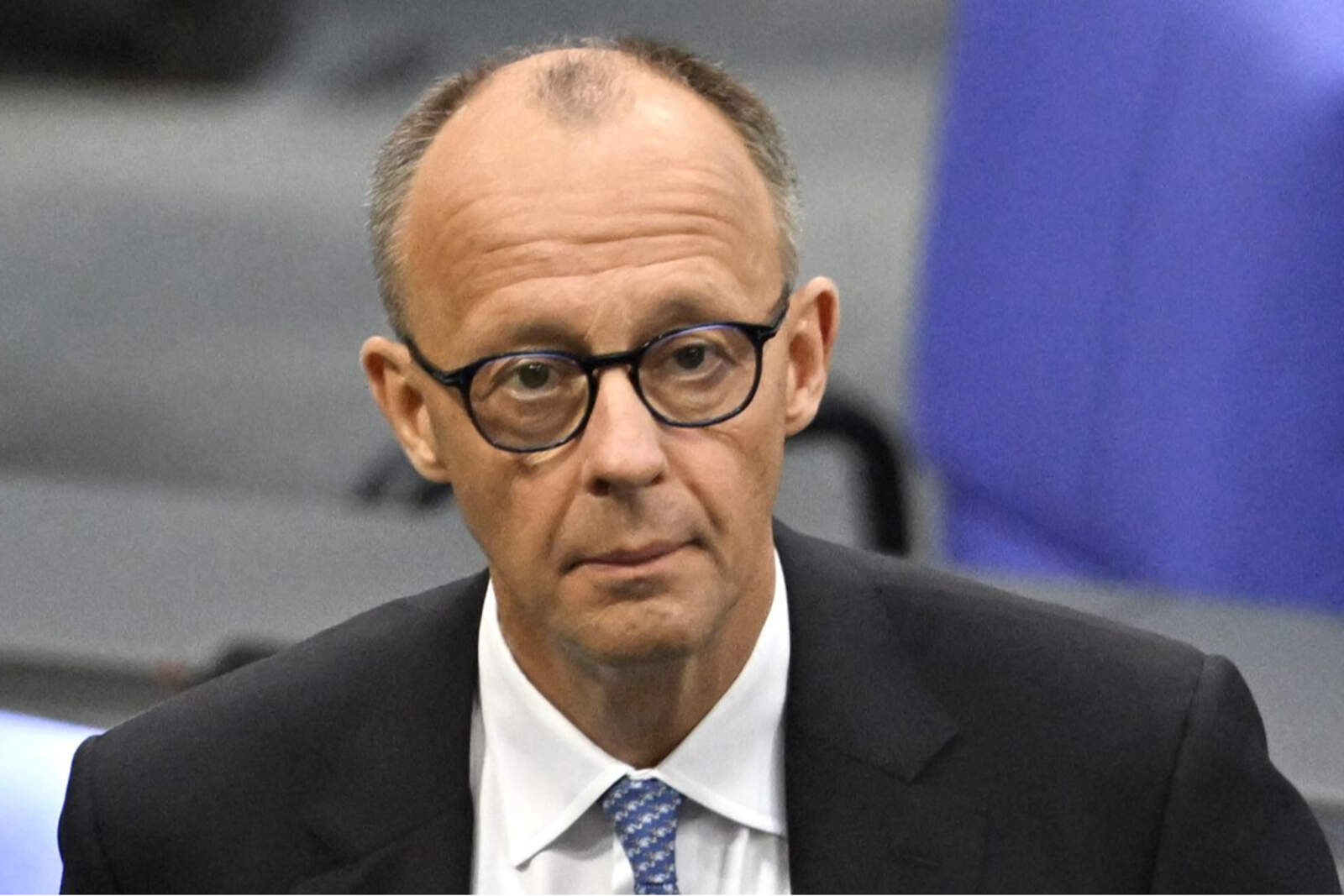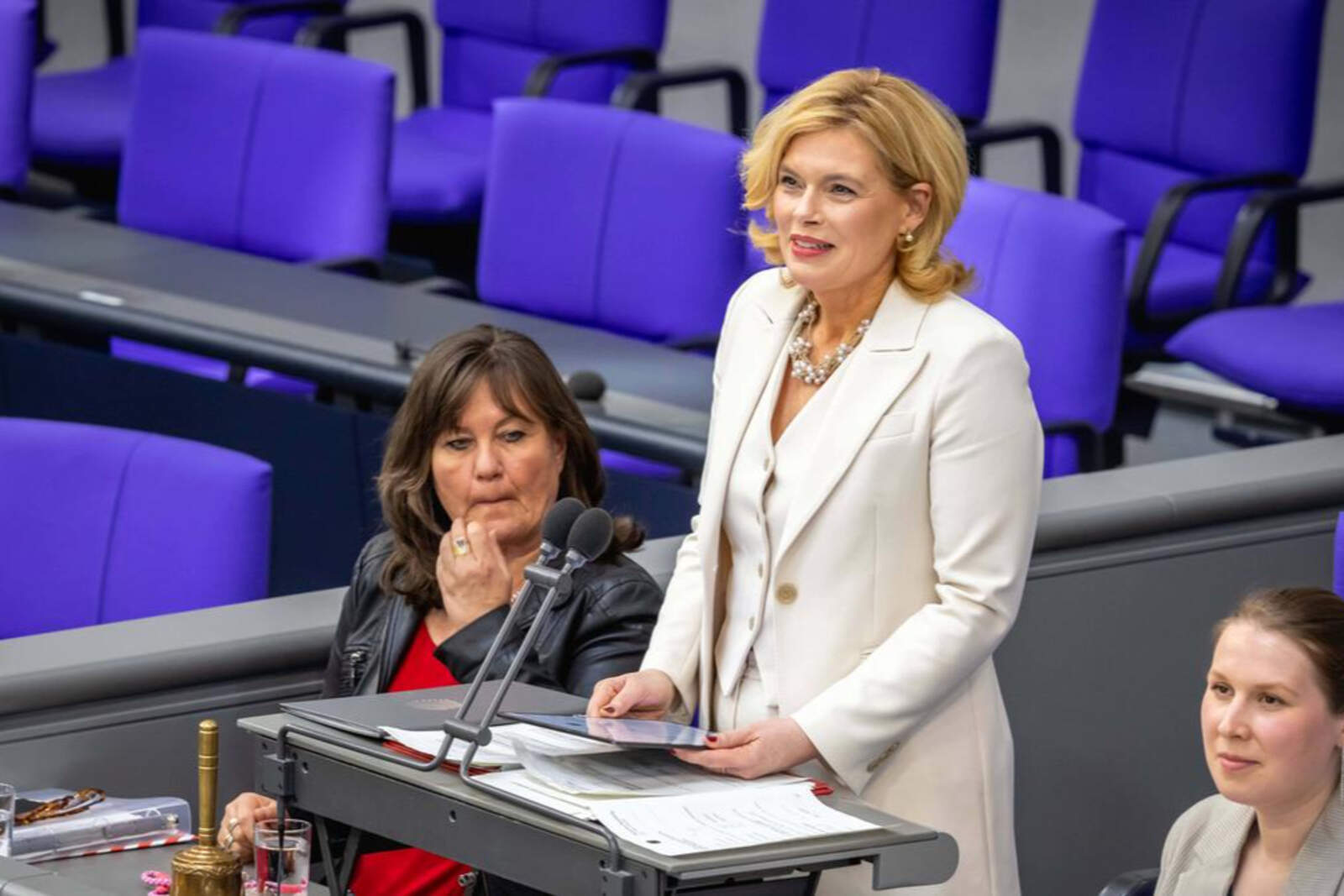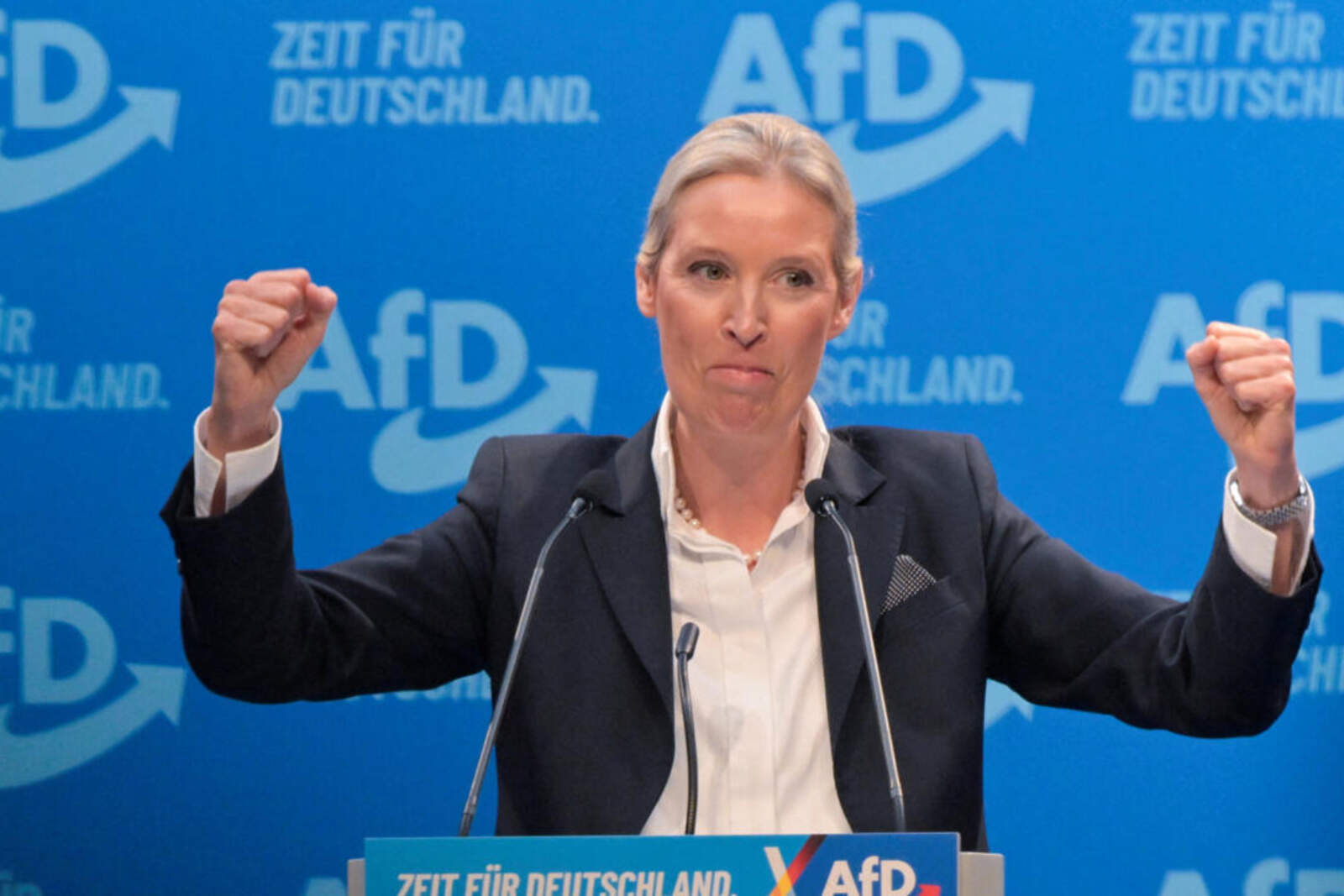Friedrich Merz, leader of the Christian Democratic Union (CDU), managed to become Germany's chancellor after a second key vote in the Bundestag, in an unprecedented event in the country's modern history.
Although his coalition with the Social Democratic Party (SPD) holds a parliamentary majority of 12 seats, Merz obtained only 310 votes, six less than the 316 needed to achieve an absolute majority in the 630-seat lower house in the first vote.
However, in a second vote held a few hours later, the now new chancellor secured 325 votes to reach the goal.
This setback has caused political confusion and a strong impact on the credibility of the coalition between the center-right and the Social Democrats, signed just a day before the vote.

Merz's failure had marked the first time since 1949 that a chancellor candidate did not achieve a majority in the first vote, representing a great personal and political humiliation for him.
The situation raises doubts about the stability of the new alliance and jeopardizes the government's plans to boost the German economy, affected by two years of recession, and respond to international challenges such as the subtle U.S. distancing from NATO and the trade war driven by China's tariffs.
The president of the Bundestag, Julia Klöckner, announced that there would be a new voting attempt within the next 14 days, as allowed by the German Constitution. However, a few hours later from the failed first attempt, the vote was repeated and Merz achieved his goal.










